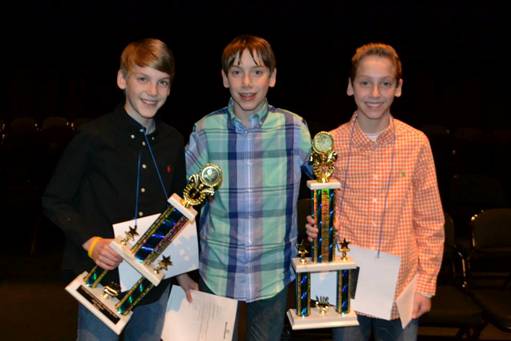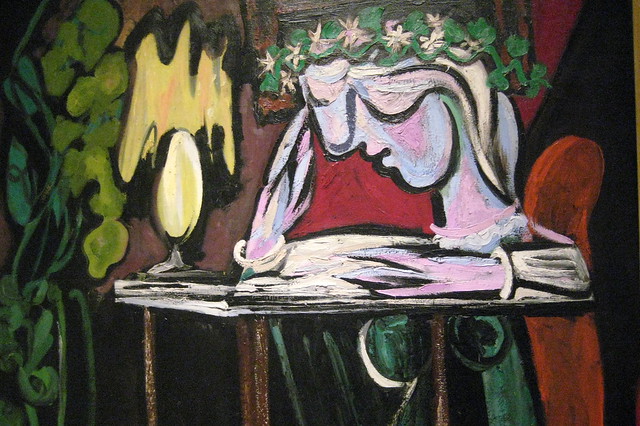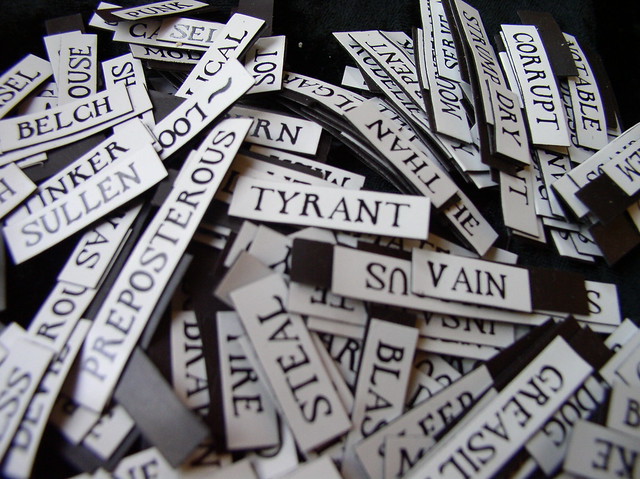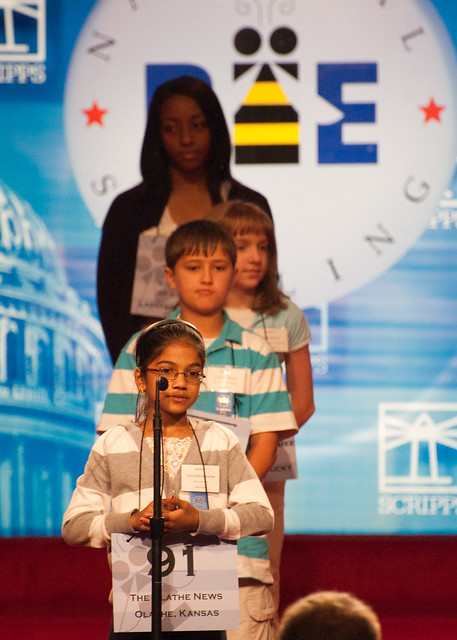"I learned that courage was not
the absence of fear, but
the triumph over it.The brave man is not he
who does not feel afraid, but
he who conquers that fear."
Thank you for teaching us so much!
Our Greatest Fear
by Marianne WilliamsonIt is our light, not our darkness, that most frightens us.
Our deepest fear is not that we are inadequate.
Our deepest fear is that we are powerful beyond measure.
We ask ourselves, who am I to be brilliant, gorgeous, talented and fabulous?
Actually, who are you not to be? You are a child of God.
Your playing small does not serve the world.
There's nothing enlightened about shrinking so that other people won't feel insecure around you.
We were born to make manifest the glory of God that is within us.
It's not just in some of us; it's in everyone.
And as we let our own light shine, we unconsciously give other people permission to do the same.
As we are liberated from our own fear, our presence automatically liberates others.













